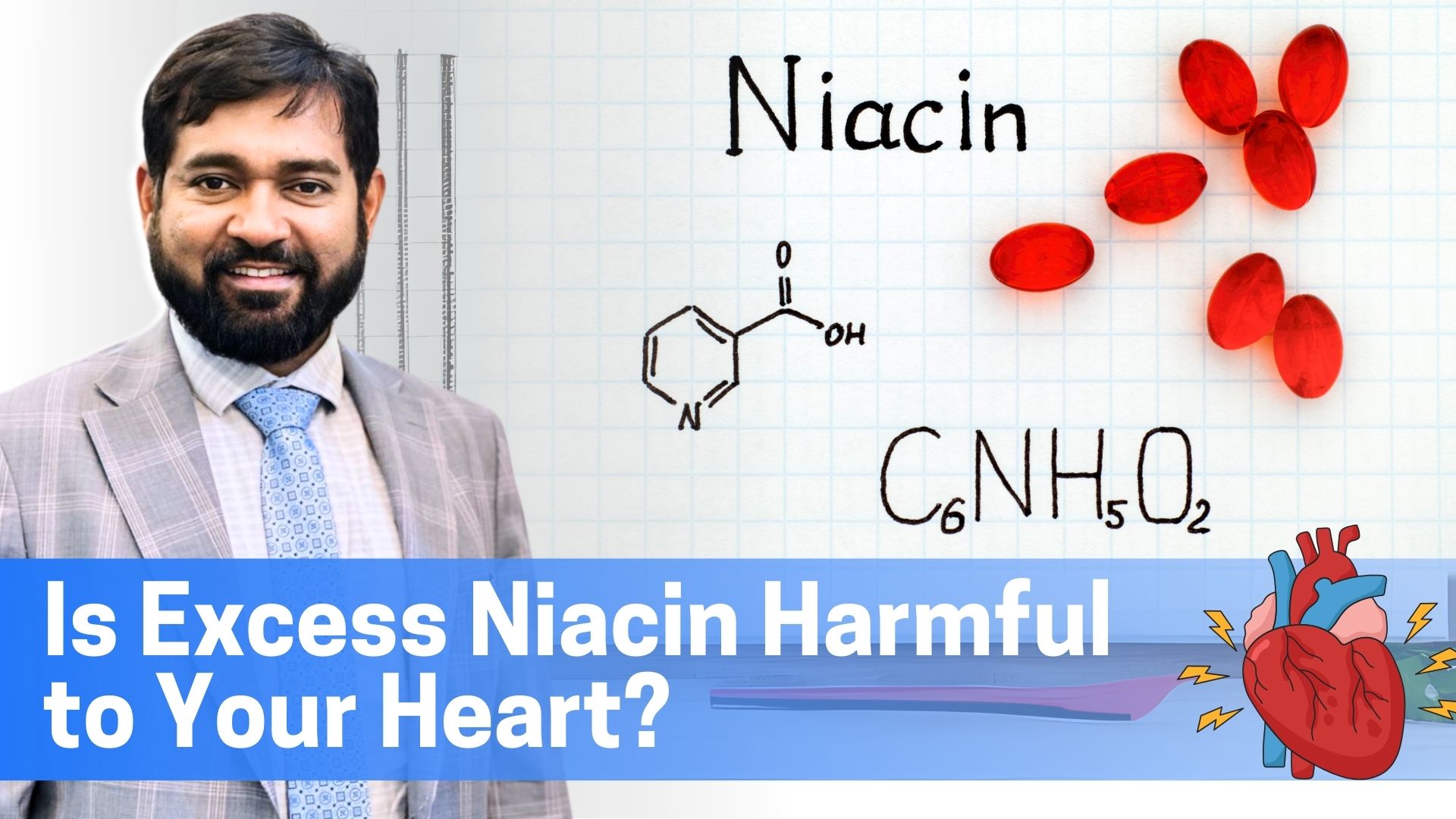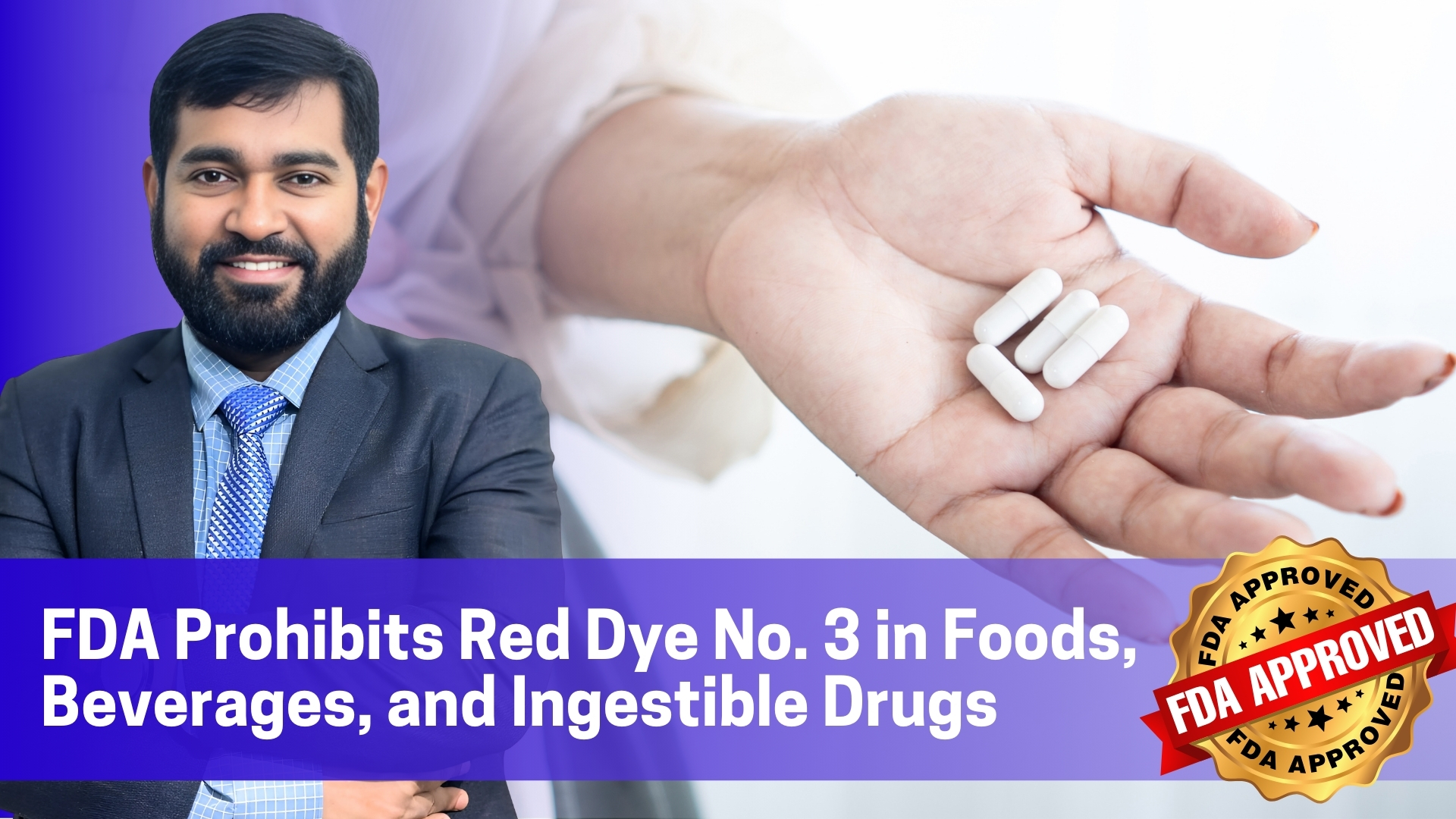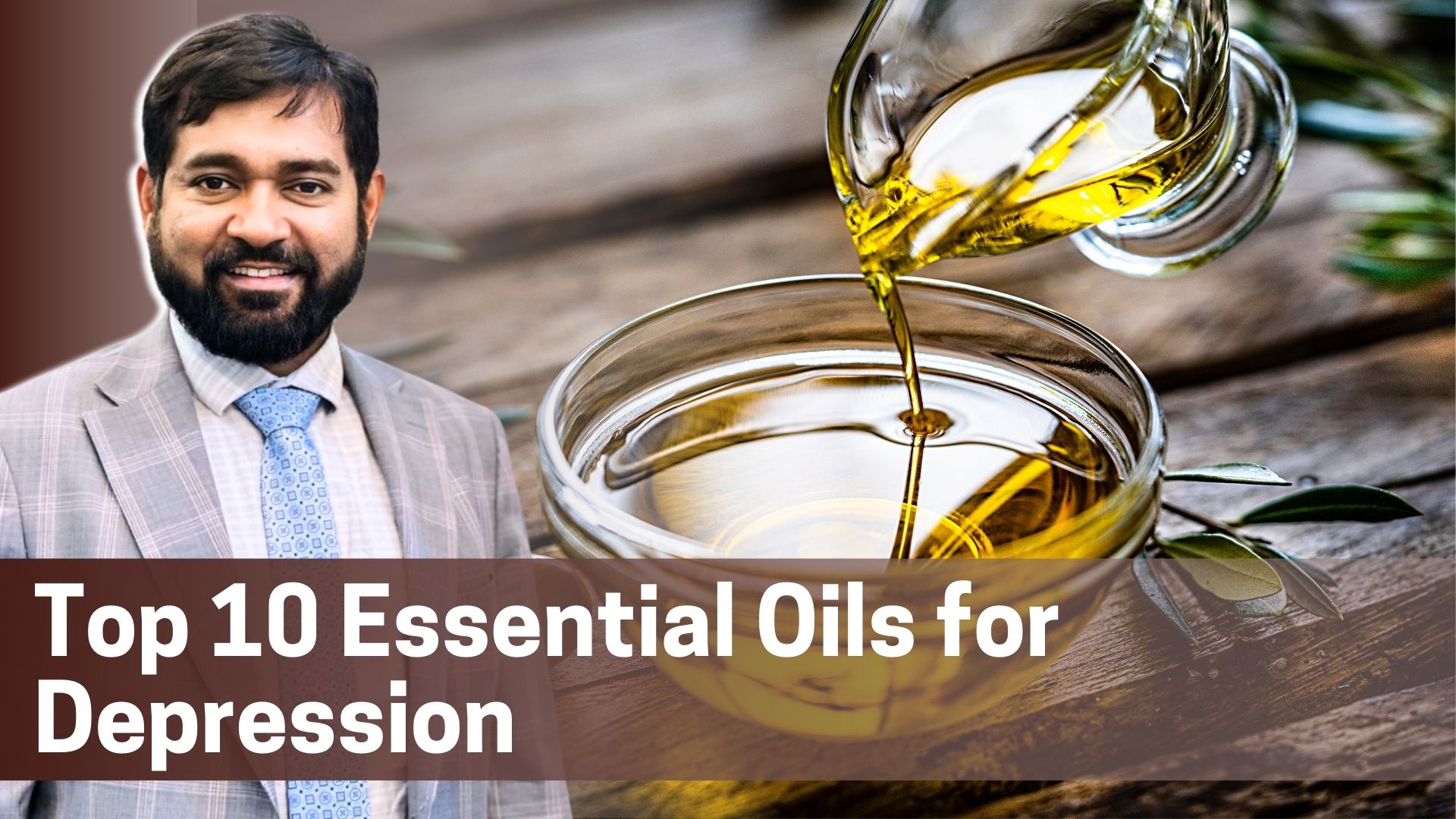22
Is Excess Niacin Harmful to Your Heart?
Here’s an expanded overview of the potential risks associated with excessive niacin (vitamin B3) intake, particularly in relation to heart health, including key findings and implications:
Understanding Niacin
Niacin, also known as vitamin B3, is a water-soluble vitamin that plays a crucial role in energy metabolism and the functioning of the nervous system. It is found in various foods, including meat, fish, poultry, whole grains, and fortified cereals. Niacin is essential for converting nutrients into energy and is involved in DNA repair and the production of stress and sex hormones in the adrenal glands.Historically, niacin has been used to manage cholesterol levels. It can raise high-density lipoprotein (HDL) cholesterol (often referred to as "good" cholesterol) while lowering low-density lipoprotein (LDL) cholesterol ("bad" cholesterol). Due to these effects, niacin was once a common recommendation for reducing cardiovascular disease risk.
Recent Research Findings
Recent studies have raised concerns about the safety of high doses of niacin, particularly regarding its impact on cardiovascular health. A significant study conducted by researchers at the Cleveland Clinic and published in Nature Medicine has highlighted potential risks associated with excessive niacin intake:
- Increased Cardiovascular Risk: The study found that high levels of niacin are linked to an increased risk of heart disease. Specifically, participants who consumed excess niacin showed elevated levels of a metabolite called 4PY (4-pyridone-3-carboxylic acid). This metabolite has been associated with inflammation in blood vessels, which can lead to a higher incidence of heart attacks and strokes (WebMD).
- Mechanism of Action: The harmful effects of elevated 4PY levels are thought to stem from its role in promoting vascular inflammation. Chronic inflammation can damage blood vessels over time, contributing to conditions such as atherosclerosis, where plaque builds up in the arteries. This process increases the risk of serious cardiovascular events (Cleveland Clinic).
- Historical Context and the Niacin Paradox: Despite niacin's ability to improve cholesterol profiles, its use for cardiovascular disease prevention has declined due to mixed results in clinical trials. The so-called "niacin paradox" refers to the observation that while niacin lowers LDL cholesterol levels, it does not significantly reduce the risk of cardiovascular events. This has led researchers to investigate further into how niacin affects heart health beyond its lipid-modifying effects (Healthline).
- Observational Study Limitations: While the findings are concerning, it is important to note that this study primarily establishes associations rather than direct causation. More research is needed to clarify the exact relationship between niacin intake and cardiovascular health outcomes across different populations.
- Dietary Considerations: The average dietary intake of niacin in the United States often exceeds the recommended daily allowance (RDA), raising questions about dietary sources and fortification practices. The researchers suggest that there may be a need to reevaluate the necessity of niacin fortification in commonly consumed foods like flour and cereals (NHLBI).
Implications for Health
The emerging evidence suggests that while niacin can be beneficial when consumed in appropriate amounts—particularly from food sources—excessive supplementation may pose significant risks for heart health. Here are some key takeaways:
- Moderation is Key: Individuals considering niacin supplements should do so under medical supervision, especially if they have existing heart conditions or are at risk for cardiovascular disease.
- Focus on Whole Foods: Emphasizing a diet rich in whole foods that naturally contain niacin—such as lean meats, fish, legumes, nuts, and whole grains—may provide health benefits without the risks associated with high-dose supplements.
- Holistic Approach to Heart Health: Maintaining overall cardiovascular health involves more than just managing cholesterol levels; it includes lifestyle factors such as regular physical activity, a balanced diet low in processed foods and sugars, stress management techniques, and avoiding smoking.
Conclusion
In summary, while niacin plays an important role in human health and can be beneficial for managing cholesterol levels when consumed appropriately, excessive intake—particularly from supplements—may increase cardiovascular risk due to its association with vascular inflammation. As research continues to evolve, it is essential for individuals to consult healthcare professionals before starting any new supplement regimen and focus on achieving nutrient balance through a varied diet rich in whole foods.For further reading on this topic:
- Excess Niacin Linked to Increased Heart Disease Risk - WebMD
- Cleveland Clinic Study on Niacin and Heart Disease
- Healthline on Niacin's Effects on Heart Health
These references provide additional insights into the research surrounding niacin and its potential implications for heart health.
Reference :
- Cleveland Clinic's Stanley Hazen Weighs in on Study Linking High Levels of Niacin and Heart Disease
This article discusses insights from Stanley Hazen regarding the study that uncovers a new pathway linking high niacin levels to cardiovascular disease. - Link Discovered Between Excess Niacin and Cardiovascular Disease
This resource details the Cleveland Clinic's findings about a new pathway linked to excess niacin levels that contributes to cardiovascular disease. - High Levels of Niacin Linked to Heart Disease, New Research Suggests
NBC News reports on research indicating that high levels of niacin may raise heart disease risk by triggering inflammation and damaging blood vessels. - A Terminal Metabolite of Niacin Promotes Vascular Inflammation and Contributes to Cardiovascular Disease Risk
This PubMed article presents the study findings on how niacin metabolites are associated with increased cardiovascular disease risk. - Too Much Vitamin B3 May Contribute to Heart Disease, Study Finds
Medical News Today discusses how excess niacin can trigger vascular inflammation, leading to conditions like atherosclerosis. - Cleveland Clinic-Led Study Discovers Link Between High Levels of Niacin and Heart Disease
This article provides an overview of the Cleveland Clinic study that identifies a link between niacin breakdown products and heart disease.




